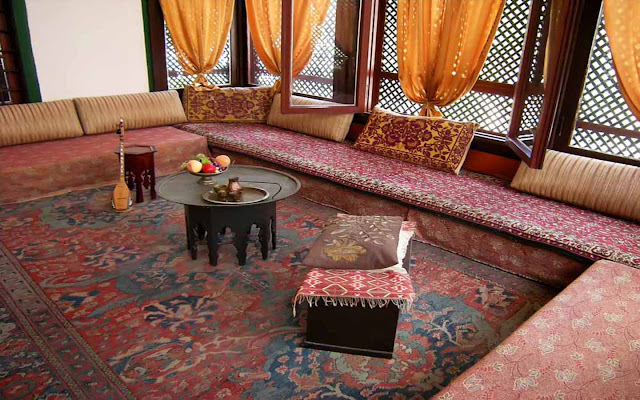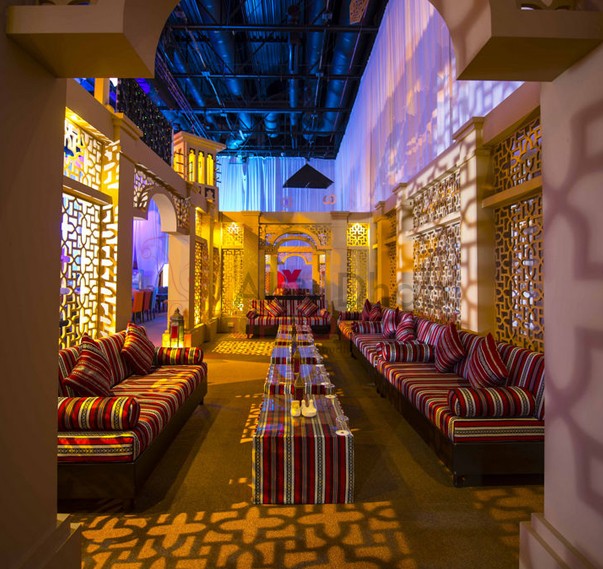The Art of Majlis: A Tradition of Connection and Culture
Exploring the Rich Tapestry of Majlis Gatherings
In the heart of many Middle Eastern and North African cultures lies a cherished tradition known as the Majlis. Derived from the Arabic word for "place of sitting," the majlis transcends its literal meaning to embody a space of connection, culture, and community. From bustling city centers to serene desert landscapes, the majlis serves as a cornerstone of social interaction, where people come together to engage in lively discussions, share stories, and foster bonds that endure through generations.
The Majlis: A Cultural Institution
In its essence, the majlis is more than just a physical space; it's a cultural institution steeped in history and tradition. Rooted in Bedouin hospitality customs, the majlis was historically a tent or a designated area where travelers could seek shelter, share news, and exchange ideas. Over time, this concept evolved into a symbol of social cohesion, welcoming friends, family, and strangers alike into its embrace.
The Art of Hosting
Central to the Majlis experience is the art of hosting, where the host extends warmth and hospitality to guests, ensuring their comfort and enjoyment throughout the gathering. From the aromatic fragrance of freshly brewed coffee to the intricately woven carpets adorning the floor, every detail is thoughtfully curated to create an inviting atmosphere conducive to conversation and camaraderie.
Cultural Significance
Beyond its role as a social space, the majlis holds deep cultural significance within the fabric of society. It serves as a platform for sharing knowledge, preserving oral traditions, and passing down ancestral wisdom from one generation to the next. Through storytelling, poetry recitals, and spirited debates, the majlis becomes a living repository of cultural heritage, fostering a sense of identity and belonging among its participants.
Modern Adaptations
While rooted in tradition, the majlis continues to evolve in response to changing times and societal dynamics. In urban settings, modern interpretations of the majlis may take the form of stylish lounges or elegant reception halls, yet they remain true to the spirit of hospitality and camaraderie that defines this age-old tradition. Likewise, digital platforms have enabled virtual major gatherings, allowing individuals from diverse backgrounds to connect and engage in meaningful dialogue regardless of geographical boundaries.
Preserving the Tradition
As the world becomes increasingly interconnected, the importance of preserving traditional customs like the majlis becomes paramount. By honoring these cultural practices, we not only pay homage to our collective heritage but also cultivate a deeper appreciation for the rich tapestry of human experience. Whether gathered around a fire in the desert or chatting over video calls in distant lands, the essence of the majlis endures—a testament to the enduring power of human connection.
In a fast-paced world marked by constant change, the majlis stands as a timeless reminder of the value of slowing down, sharing stories, and building bonds that transcend barriers. As we navigate the complexities of modern life, let us not forget the simple yet profound joys of gathering together in the spirit of friendship and hospitality. For in the majlis, we find not only a place to sit but a space to truly belong.



Comments
Post a Comment